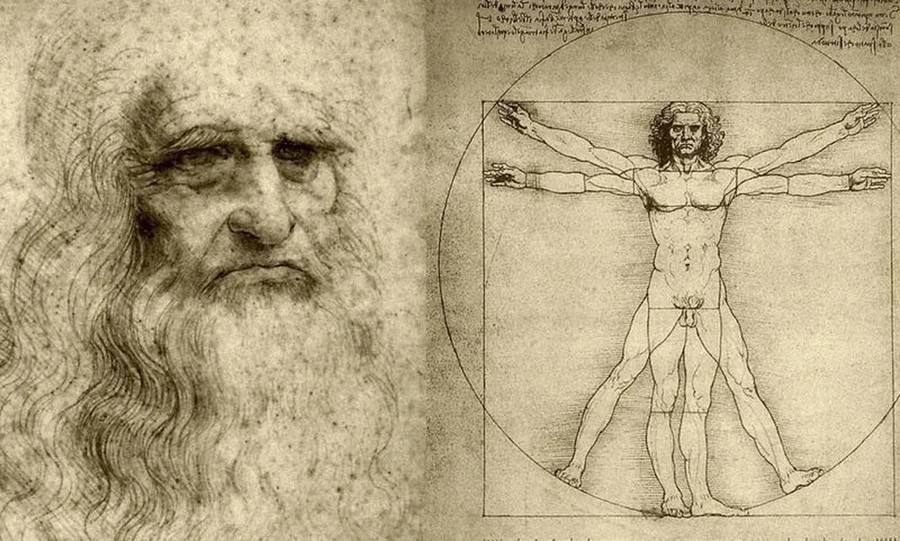A remarkable 2,600-year-old Celtic burial chamber has just been unearthed in Riedlingen, Germany, capturing global attention with its extraordinary state of preservation. Experts are calling it a discovery of “unique and outstanding scientific importance.” Encased within a 20-foot-high burial mound spanning over 210 feet in diameter, the wooden chamber—complete with its original walls, floor, and ceiling—offers a rare glimpse into ancient Celtic life.
The State Office for Monument Preservation in Stuttgart recently announced the find, marking it as the first fully preserved Celtic burial chamber uncovered in Germany since 1890. The oak timber structure, sheltered for centuries beneath layers of earth, provides invaluable insight into ancient burial customs and construction techniques, which experts are eagerly examining.
Archaeologist Dirk Krausse, from the State Office for Cultural Heritage Baden-Württemberg, expressed the significance of the discovery: “The Riedlingen grave is a stroke of luck for archaeology... Its scientific value transcends the borders of Baden-Württemberg and southern Germany.”
Within the burial chamber, researchers found a wooden tool believed to date back to 585 BC, possibly used during the construction of the tomb itself. This ancient artifact could unlock further secrets about the people who built it, their craftsmanship, and their daily lives.
Andrea Lindlohr, a local official, remarked on the discovery’s importance, saying, “The archaeological heritage of Baden-Württemberg is impressive, offering invaluable insights into ancient societies and long-lost eras.” The find promises to advance our understanding of Celtic civilization, while the application of modern technology on this ancient site enables researchers to reconstruct a rich picture of Europe’s ancient history.







